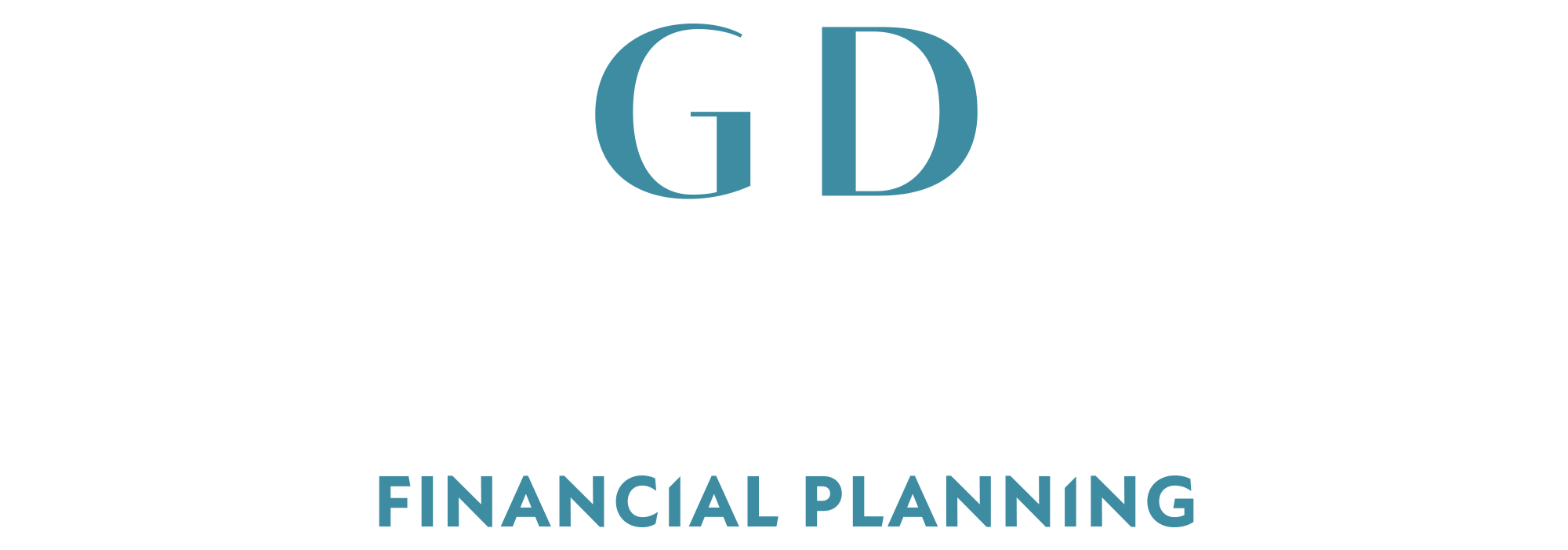Blog
Pension Planning: SIPP or SSAS?
Pensions remain hands-down one of the most tax-efficient methods of saving for retirement, aiming to provide you with a sustainable income at the right time. Self Administered Pensions come with a raft of other bells and whistles, making them highly versatile in a wide range of financial planning situations.
The current annual contribution allowance into a pension is £40,000 (with a lifetime allowance of £1million per person) and there may be scope for sweeping up unused allowances from the previous three years. The hard part is knowing which pension option is right for you.
Greater Flexibility
Following the changes in 2015, pensions now offer much greater flexibility than in the past. Firstly, there is no longer any compulsion to buy an annuity and the former 55% tax charge on undrawn funds has been repealed.
Secondly, after age 55, you can now draw as much or as little as you wish from the pension fund, although we always recommend that you discuss this with one of our advisers to establish a sustainable level of withdrawals and keep this under regular review.
Not all pensions offer the new flexibilities though. Older style plans, including Stakeholder pensions, rarely offer the full range of freedom. For many people, this is where a Self Invested Personal Pension (SIPP), or a Small Self-Administered Scheme (SSAS) provide additional benefits.
Self-Invested Personal Pensions (SIPPs)
A SIPP can be highly beneficial if you’re looking for greater flexibility in your retirement options, allowing you to consolidate existing pensions into one plan, set up a coherent and diversified investment strategy that can be effectively monitored and begin taking advantage of the new ‘pensions freedom’ flexibilities.
For example, unlike conventional pensions, SIPPs can purchase commercial property; which could be, say, the trading premises of your company. This provides a stream of tax-free rental payments flowing back into your pension fund and should mean that the eventual sale of the building is exempt from Capital Gains Tax.
Small Self-Administered Schemes (SSASs)
A SSAS goes a step further than a SIPP, often being used by entrepreneurs and small business owners in support of their company.
In addition to this, a SSAS offers the facility for the pension scheme to loan funds back to the business, subject to certain limits and security. This cash injection can be used to purchase (for example) fixed assets, land for development, or to increase stock.
There can be up to eleven members within a SSAS and the scheme is set up under an individual Employer Trust, with the members themselves acting as Trustees, which means that they have the greatest powers to make their own investment decisions. You can find out more about SSASs in this guide.
Pensions at a glance
Estate Planning Advantages
The benefits of pensions are not limited to just the pension owner – they also offer a great way of cascading wealth to the next generation, as pension funds are usually written under Trust, meaning they are generally excluded from your estate when it comes to Inheritance Tax (IHT). It’s worth keeping this in mind when thinking about your overall estate planning.
A word of caution though; if you have an older pension plan, set up before 1987, it’s likely to be a ‘Retirement Annuity Contract’. Very often these older pensions will form part of your assessable estate for IHT, so it may be advisable to write the plan under Trust, or consider switching to a more modern arrangement such as a SIPP, which will be written under a Master Trust.
Please note that returns from investments are not guaranteed, as capital can fall as well as rise and you may not get back the full amount invested.
If you have any questions regarding your pensions, or any other financial planning generally, please don’t hesitate to get in touch.
This article is for guidance only, and does not constitute advice. We recommend consulting a qualified financial adviser before making any changes to your financial planning strategy.
 By Craig Hilton DipPFS
By Craig Hilton DipPFS
Associate Director
Gibbs Denley
Email Craig
Newsletter
Sign up to have our latest content delivered straight to your email inbox.





 .
. 